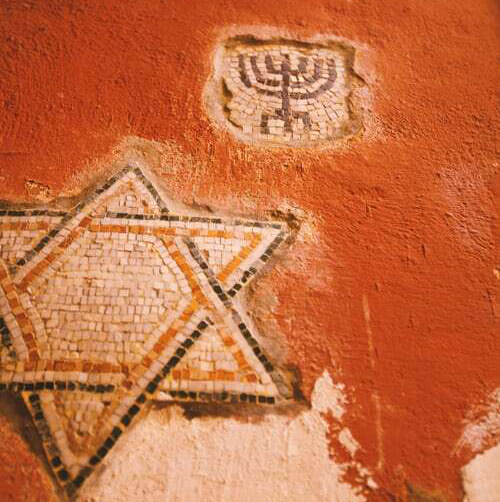


Quoted from Wikipedia
Rosh Hashanah, literally meaning the "head [of] the year," is the Jewish New Year. The biblical name for this holiday is Yom Teruah, literally meaning "day of shouting or blasting." It is the first of the Jewish High Holy Days, or Days of Awe, specified by Leviticus 23:23-32, that occur in the early autumn of the Northern Hemisphere.
Rosh Hashanah is a two-day celebration that begins on the first day of Tishrei, which is the seventh month of the ecclesiastical year. In contrast to the ecclesiastical year, where the first month Nisan, the Passover month, marks Israel's exodus from Egypt, Rosh Hashanah marks the beginning of the civil year, according to the teachings of Judaism.
It is also the traditional anniversary of the creation of Adam and Eve, the first man and woman, according to the Hebrew Bible, and the inauguration of humanity's role in God's world.
According to one secular opinion, the holiday owes its timing to the beginning of the economic year in Southwest Asia and Northeast Africa, marking the start of the agricultural cycle.
Rosh Hashanah customs include sounding the shofar (a hollowed-out ram's horn), as prescribed in the Torah, following the prescription of the Hebrew Bible to "raise a noise" on Yom Teruah. Its rabbinical customs include attending synagogue services and reciting special liturgy about teshuva, as well as enjoying festive meals. Eating symbolic foods is now a tradition, such as apples dipped in honey, hoping to evoke a sweet new year.
Rosh is the Hebrew word for head. Ha is the definite article "the", and shanah means year. Thus Rosh HaShanah means head [of] the year, referring to the Jewish day of new year.
The term Rosh Hashanah in its current meaning does not appear in the Torah.
